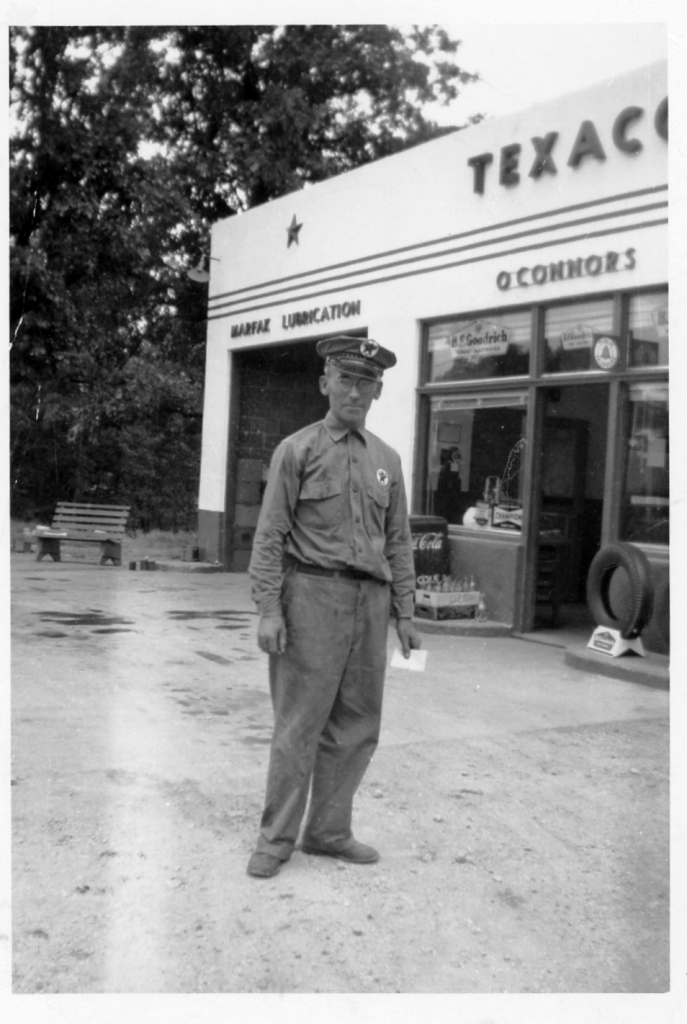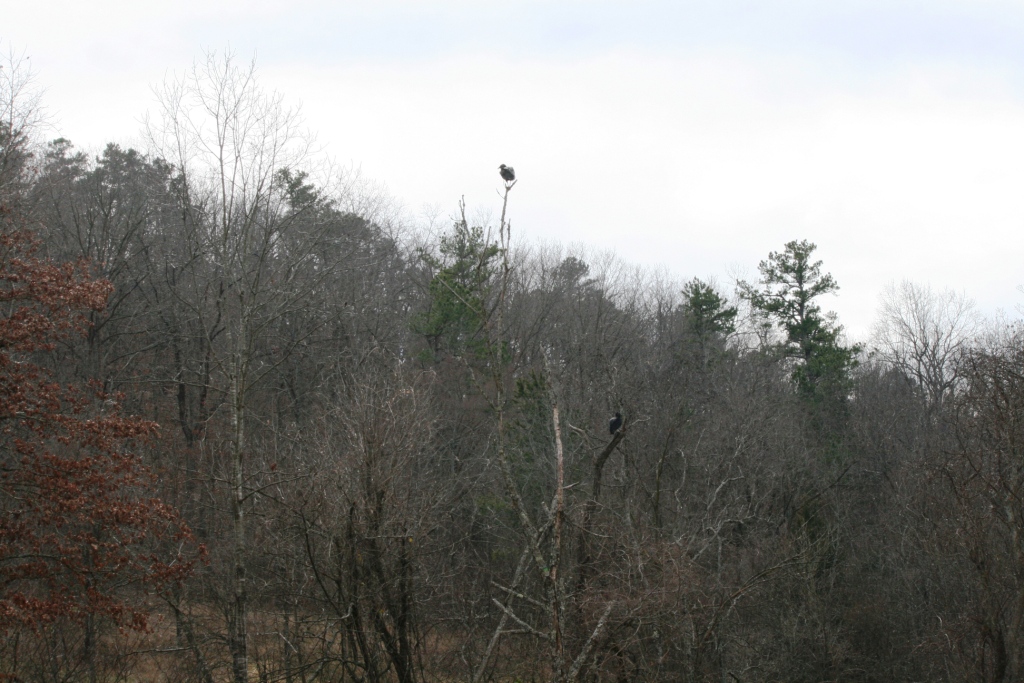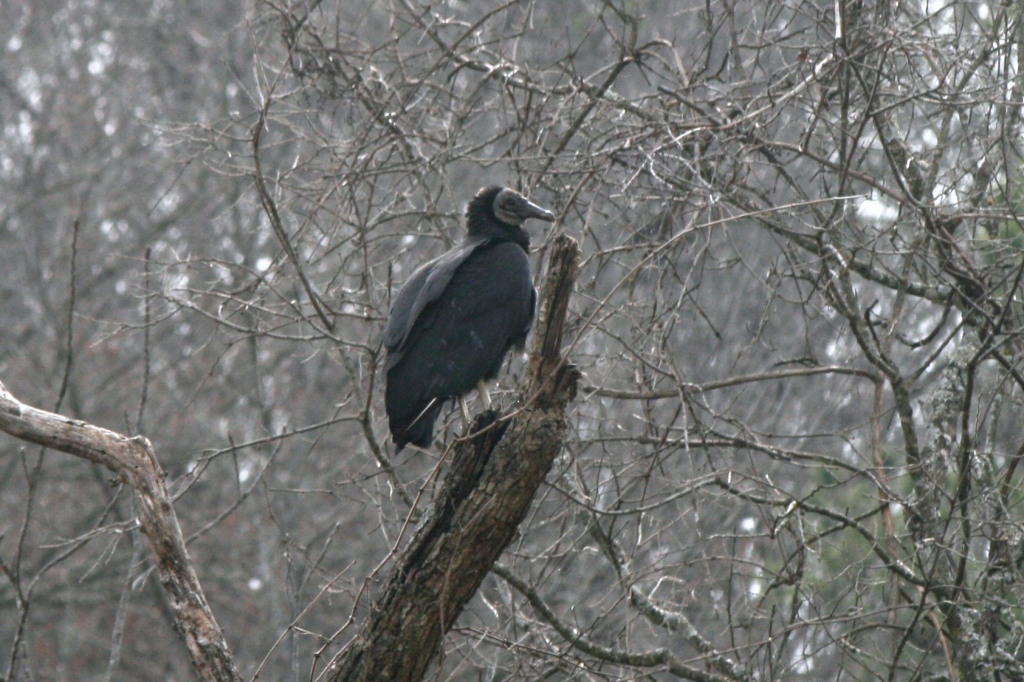Milton Wright Masters and his wife Melany bought 338 acres of hills and hollows just outside Eureka Springs in 1927 for $700. Mr. Masters is reported to have been a kind, progressive man. At a time when children were seen more than heard, he encouraged conversation with them at the dinner table.
We have a small part of his farm. Our little farmhouse in the hollow was built about 75 years ago as a replacement for a much larger home of his which had burned. Besides the house, we also have the barn and other outbuildings. The main spring behind our house is said to have never gone dry and it supplies our water, just as it did for the Masters family.
Before there was electricity at the farm, Mr. Masters built a spring house to cool their food and farm products. He had several kinds of livestock and grew various types of produce, everything from potatoes to apples. The Masters were especially known for their strawberries and people came from miles around to pick their own or to buy from the family. During the Great Depression, when the farm wasn’t paying enough to get by, Mr. Masters took employment at the ice plant in Eureka Springs. He worked the night shift and farmed during the day. Because it was summer and he had a house full of kids, he had trouble getting any sleep. Luckily, down the hollow is a small cave under a sizable bluff. Milton Masters put a bed in the cave and had a nice cool quiet spot to rest.
My understanding is that the original home built by Milton Masters was out of materials from a boarding house torn down in Eureka Springs. The rebuilt home was supposed to be quite a place, two stories tall with large rooms and an impressive staircase. The only problem was that the building materials had been infested with bedbugs. Melany Masters fought the bedbugs over years in every way known to man. Later when the house caught fire and burned down, Melany is reported to have said, “Well, at least we got rid of the bedbugs.”




